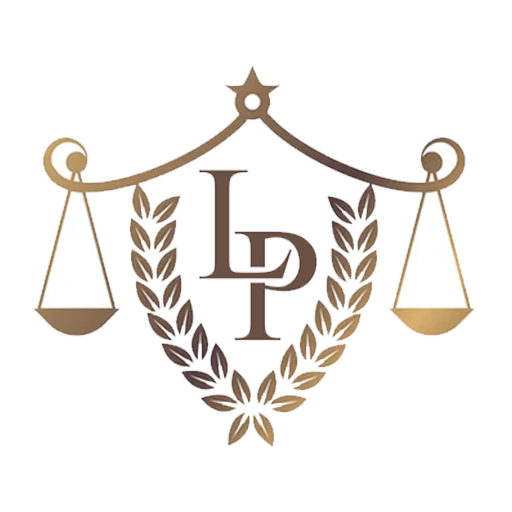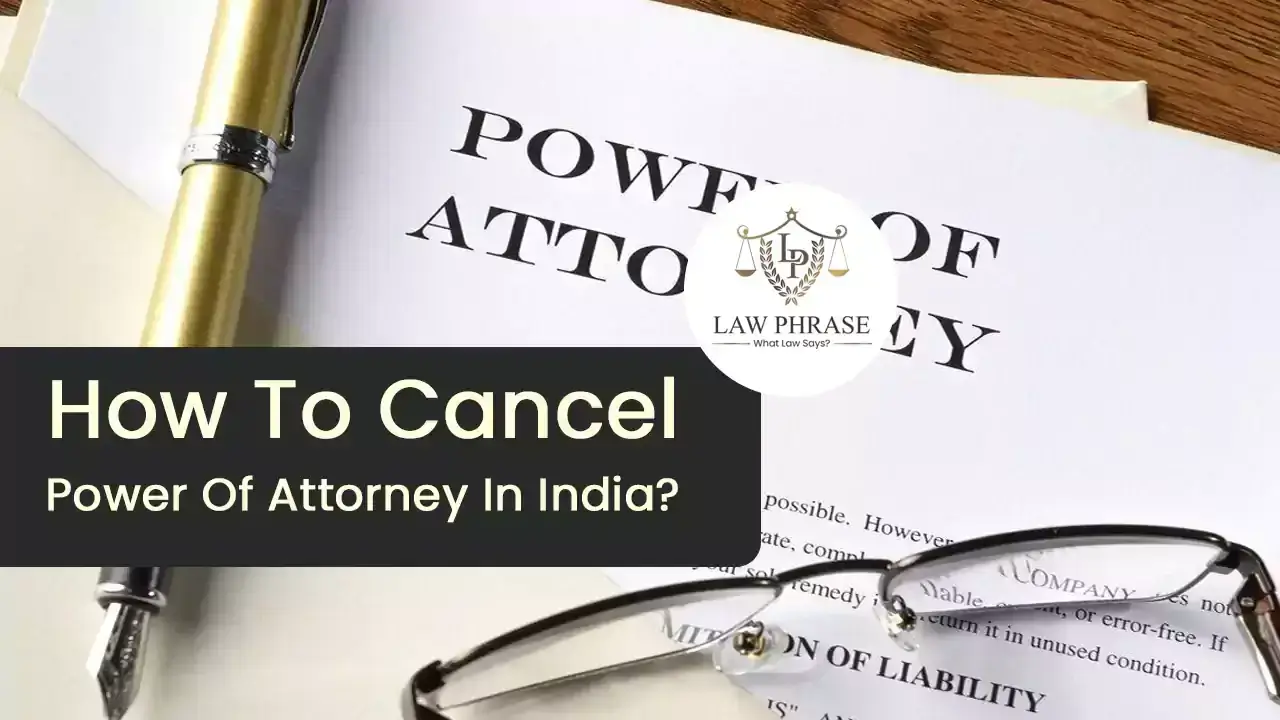How To Cancel A Power Of Attorney?
 Law Phrase 31-01-2024
Law Phrase 31-01-2024

Table Of Contents:
A Power of Attorney (POA) is like a legal permission slip that lets one person make decisions for someone else. It's helpful in many situations, but sometimes you need to know how to cancel a power of attorney. This might be because things have changed, trust has been broken, or the job it was meant for is done. Figuring out how to cancel a power of attorney is important, and it just means you need to take careful and legal steps to do it right. Understanding the steps on how to cancel a power of attorney will help you handle these situations properly.
Understanding Power of Attorney:
To understand how to cancel a power of attorney, you need to know what this legal document is all about. A power of attorney lets one person (called the principal) give decision-making power to another person (known as the agent or attorney-in-fact). This authority can cover various things, like money matters or healthcare decisions. So, before figuring out how to cancel a power of attorney, it's important to get the hang of what it is and how it works. Understanding the basics helps a lot when you're thinking about canceling this legal arrangement.
Reasons for Canceling a Power of Attorney:
-
Change in Circumstances: Life keeps changing, and things don't stay the same. The need for a power of attorney might go down or not be necessary anymore if the person's health gets better or their money situation improves. It's important to regularly check if the power of attorney is still needed. If it's not, figuring out how to cancel a power of attorney is a step you might need to take.
-
Completion of Purpose: Certain powers of attorney are set up with particular objectives and come with a predetermined expiration date. When the designated purpose is achieved, there might be no further need for the power of attorney, making it appropriate to explore how to cancel a power of attorney.
-
Loss of Trust: If the friendship between the person giving power (the principal) and the person receiving power (the agent) falls apart, it might be a good idea for the person giving power to end the agreement. This could happen if there's a loss of trust, the person with power doesn't use it properly, or if there are other issues causing problems in the relationship. In these situations, it's important for the person giving power to know how to cancel a power of attorney to make things right.
Steps to Cancel a Power of Attorney:
-
Review the Document: Begin by thoroughly going through the original power of attorney document. Pay close attention to any details about how to cancel a power of attorney, especially focusing on revocation or termination clauses. Keep an eye out for built-in procedures that might explain the steps for cancellation, as some documents provide specific guidance on how to cancel a power of attorney.
-
Create a Revocation Document: Create a paper that clearly says you want to cancel the power of attorney. Write down key info like the names of the person giving power (the principal) and the person receiving power (the agent), the date the power of attorney started, and a clear statement saying it's canceled. Make sure your cancellation is clear and straightforward. This is how to cancel a power of attorney.
-
Notarization: In some places, you might need to get the revocation document notarized as per local laws. Getting it notarized gives it an extra layer of legal strength and makes it more authentic. This step is part of how to cancel a power of attorney.
-
Notify Relevant Parties: Make sure to tell everyone who needs to know about canceling the power of attorney. This includes the person you gave the power to (the agent), banks, doctors, and anyone else who might be impacted by canceling. This makes sure that everyone knows about the change in who has the authority.
-
File the Revocation: Submit the cancellation paperwork to the right people, like the county clerk's office. This makes an official record of the cancellation, giving extra protection and making things clearer. This is a crucial step in learning how to cancel a power of attorney.
Conclusion:
Revoking a power of attorney is a big legal move, and it's important to do it right. Whether things change, the job is done, or trust breaks, knowing the steps on how to cancel a power of attorney is crucial. By following the right steps, you make sure the process is smooth and legally okay. Remember to talk to legal experts to be sure you're following the rules and dealing with any tricky parts that come with canceling a power of attorney. So, if you're wondering how to cancel a power of attorney, just follow these steps and get professional advice to be safe.

